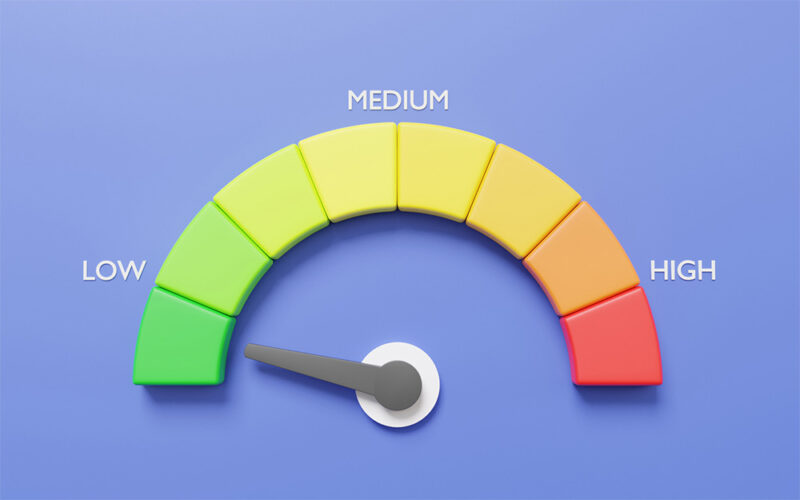What is a Minimum Payment?
The minimum monthly payment is the smallest sum a card issuer will accept for your statement closing balance. If you consistently pay the minimum amount due, your account will remain in good standing. But making only the minimum payment will give you more time to pay off your bill. If you typically carry a balance from month to month, it will also lead to a greater credit card due balance. Remember, the minimum payment is frequently less than the amount you owe to the issuer.
It may be more challenging to pay off the total sum on the card if you merely make the minimum payment and keep making purchases. This happens due to the faster-accumulating interest debt. In this situation, it’s also possible that your credit cibil score will suffer.
What Aspects Affect the Calculation of the Minimum Payment?
The monthly balance and your interest rate are usually often used to determine the minimum payment amounts. You might be charged a fixed sum, like Rs. 2,068 or Rs.2,896, in particular conditions when your account balance is below a certain level. You will be required to pay your entire balance if your total balance is less than the set minimum payment amount, which is the only exception to this rule.
For cards with balances above a specific limit, the minimum payment is based on one or two ways: either as a flat percentage of the total amount owed or as a percentage plus interest and other fees. So these methods can determine your minimum payment, depending on the card issuer and your agreement. Your minimum payment may range from 2% to 4% of your total balance if your card issuer charges a flat percentage. If they choose to use the alternate method, you will pay a smaller flat rate—typically around 1%—as well as the applicable interest and fees for that period.
How can minimum payments be calculated?
The equation used to calculate the minimum payment varies from one issuer to another and is based on the balance and interest rate on your card.
There are two primary methods for calculating minimum payments:
A set portion of your account balance: This rate could be a few percentage points of the total balance. The minimum payment, in this case, will change depending on how much of the credit due you have. A portion of your amount plus any accrued interest or fees.
A set price: As long as the balance is below a predetermined limit, the card issuer may impose an exact set price. The minimum payment is the total balance if the balance is less than a particular amount.
How can one improve their credit by making the minimum payments?
Paying the minimum amount due on your credit card each month will have a minimal impact on your credit scores, and regularly making on-time payments can improve your credit’s general health. The most crucial component of your credit scores is your payment history; even one missing or late payment will lower your ratings. As a result, if you’re at least paying the minimum amount due, your payment history shouldn’t suffer. A cash advance may not impact your credit score, but your monthly payments will increase due to the high fees associated with credit card cash withdrawal.
When interest is considered and compounded over time, paying only the minimum each month could cost you little, so strive to deliver more than the minimum whenever possible. However, if you can only afford the minimum payment, make sure to do so to avoid any missed or late fees.
Conclusion
The cardholder’s current balance, interest rate, and minimum monthly payments affect each other. To find out how to transfer money from a credit card, how a card issuer determines a minimum monthly price, cardholders should check the terms and conditions of their card. Depending on the cardholder’s standing, accrued interest, and fees, issuers may use a primary and secondary calculation. In an ideal situation, cardholders should settle their entire balance each month.




